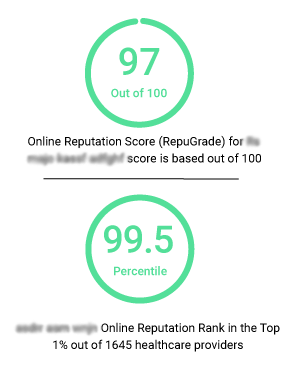Small Business Resources for Internet Strategy
Below are some additional free small business resources apart from those listed in the ebook. If you do not have a website yet, identify the most successful competitor website. Use that website as a base to find out more about the behavior and demographic profile of your customers. Compare it against two other competitor website. Believe me, it will prove quite an education and give you new ideas. You will be able to identify the weaknesses of each website and hence your planned website will be better than the others. I would like to add a few more resource URLs to Ajay’s list for business research http://www.google.com/adplanner http://www/google.com/trends http://www.quantcast.com http://www.google.com/insights If you already have a website ask for a comparative analysis from an SEO company or a website marketing company. Most of them do it for free as an initial requisite of their marketing needs Keyword Selection Strategy Choosing keywords for your website is the most critical phase in an Internet strategy. Normally first a website is designed, the tabs are added and then the keyword is chosen. This process is too lengthy, costly and time consuming. If you have the keywords decided earlier in your strategy, SEO aspects like filenames, titles, metatags, alt tags can all be taken care of during the web design stage itself. Most companies that offer SEO website design services work this way. To identify keywords work this way. Write down 5 to 10 one word phrase that describes your business or website purpose. Next write down 5 to 10 two word phrases that describe your business or website purpose Again, write down 5 to 10 three word phrases that describe your business or website purpose Then create a table of those words. Using a keyword tool as listed below or in the book list the number of searches for each keyword. Phrases that rank highly for searches are the ideal ones to aim for. At this stage however put them in your probable keywords list. The problem with optimizing for such phrases is that the competition for such phrases will be higher in multiples. For new businesses, especially small businesses running on tight budgets the strategy should be to optimize for a larger number of three to four word phrases, where the competition is much less. This is called the long tail search theory, whereby the volume of searches for high search phrases are made up by optimizing the website for larger number of keywords for smaller number of phrases. Wordtracker, does have a free version of keyword tool. I rate it as one of the most authentic free keyword tool. Go to http://freekeywords.wordtracker.com/. You can also confirm cross check your keywords at https://adwords.google.com/select/KeywordToolExternal Aim to optimize for local searches first and then for national searches. Local searches have a better conversion rate. And a Global presence is the first step to becoming a national presence. Do not target more than two or three keyword phrases per page. Create a unique page for each of your services or products. These pages can also be used as landing pages for PPC campaigns. If you are confused consult an SEO expert on keywords. Do not compromise on this as it will determine the direction of your internet strategy. Regards, Sangeeta
Comments are closed

